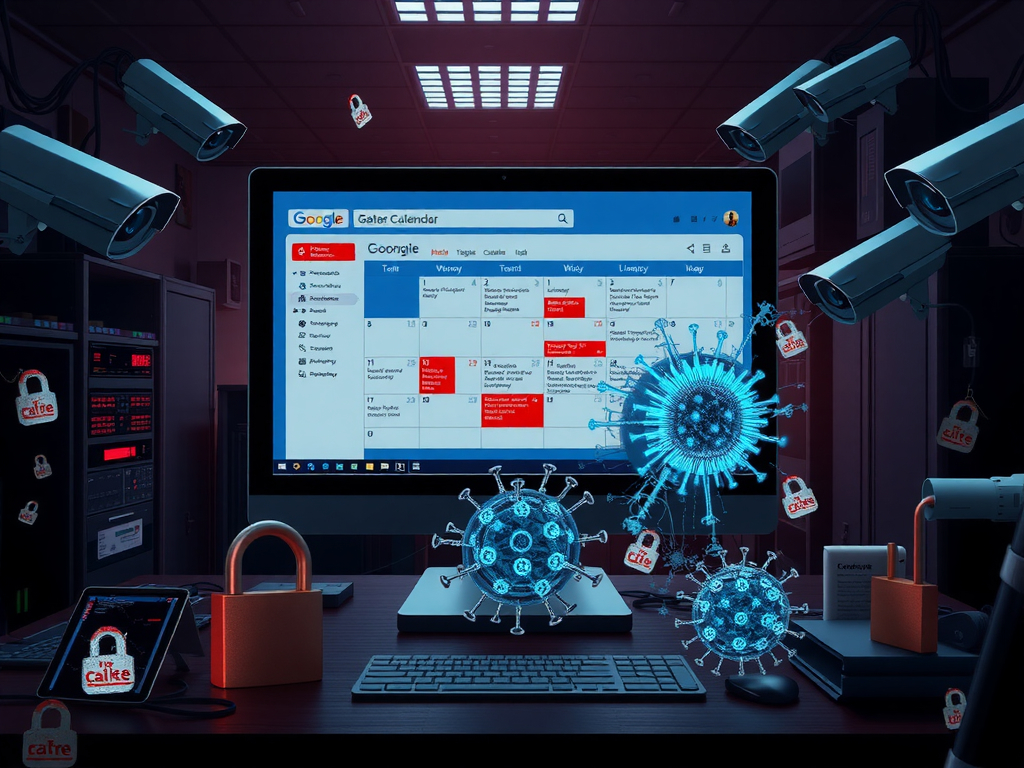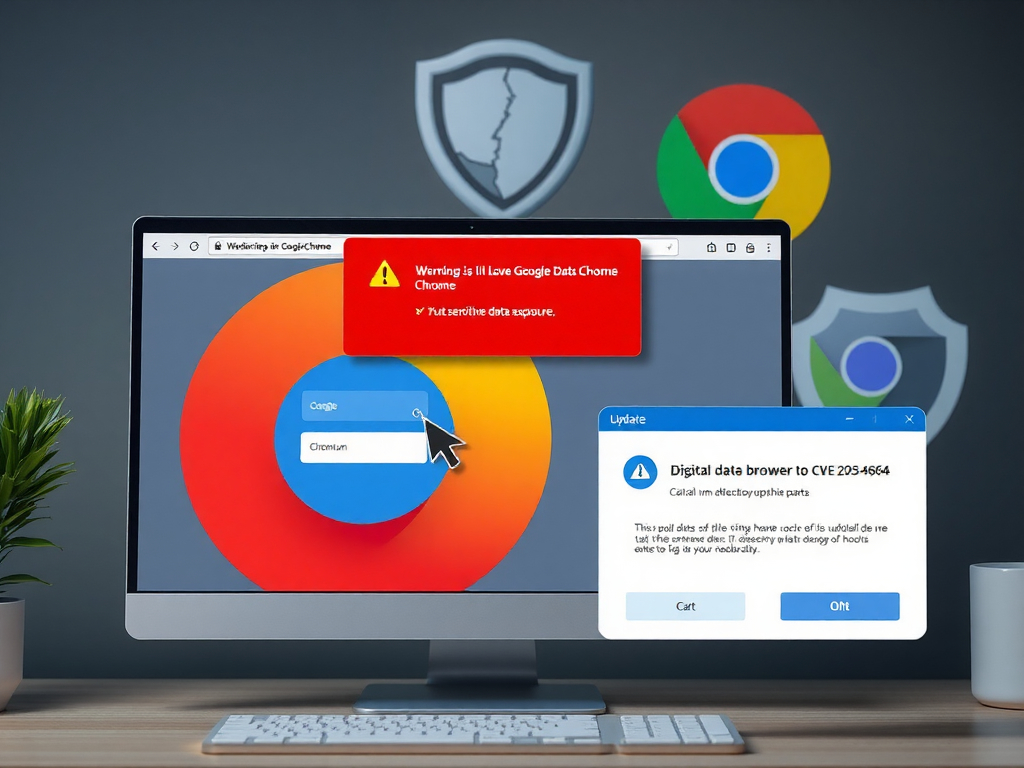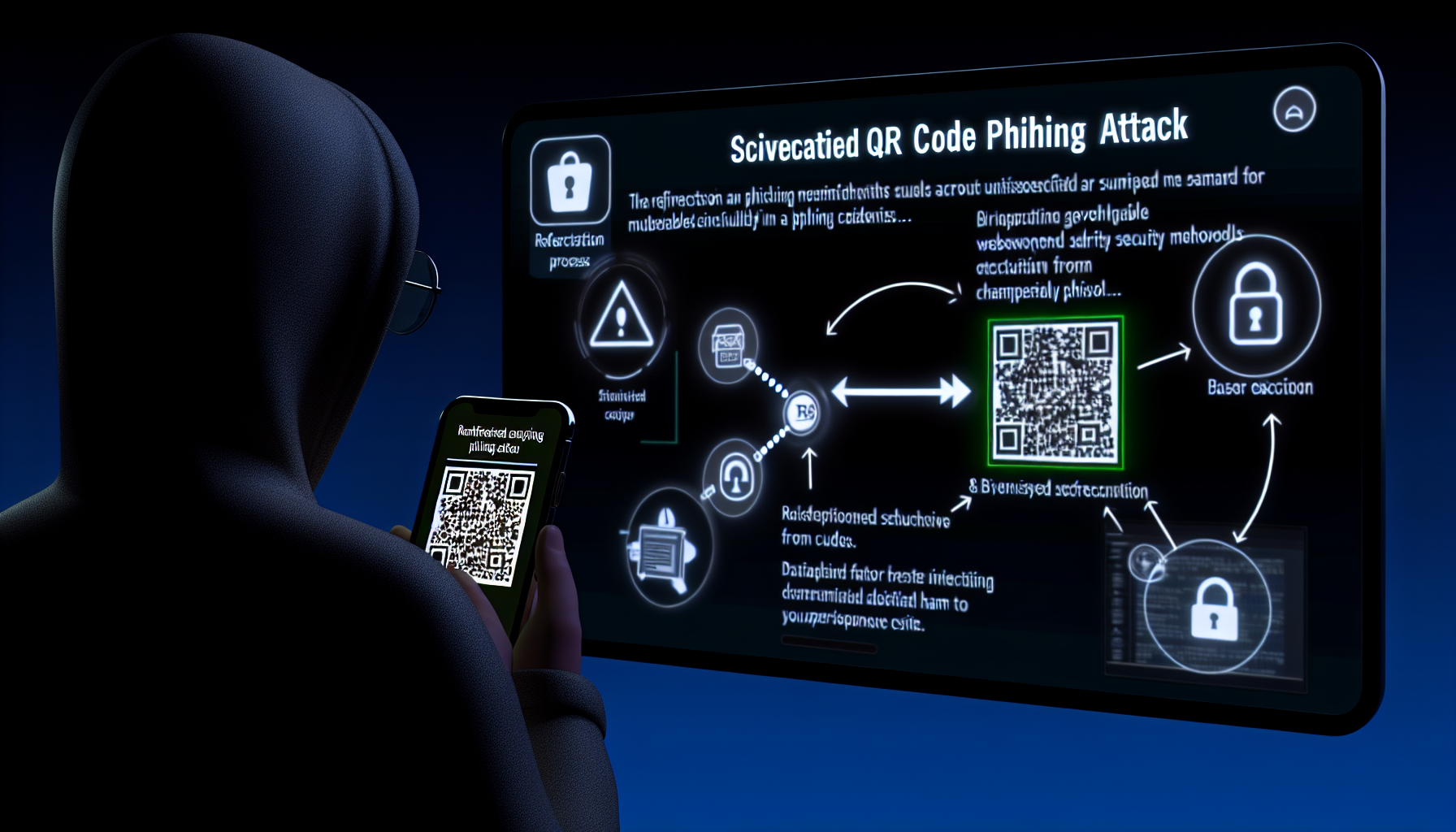Threat Overview:
A recently published threat report by AlienVault, titled ‘Mark Your Calendar: APT41 Innovative Tactics,’ sheds light on a sophisticated cyber campaign attributed to APT41, a PRC-based advanced persistent threat (APT) group. This report, published on May 28, 2025, details a series of attacks that utilized innovative tactics to target global organizations across various sectors.
Campaign Details:
In late October 2024, security researchers discovered that a government website was hosting malware targeting multiple government entities. The malware, named TOUGHPROGRESS, employed an unusual command and control (C&C) mechanism through Google Calendar. This innovative approach allowed the attackers to blend their malicious activities with legitimate calendar events, making detection more challenging.
The infection chain involved three primary modules: PLUSDROP, PLUSINJECT, and TOUGHPROGRESS. Each module played a crucial role in the stealthy deployment and execution of the malware:
- PLUSDROP: This initial module was responsible for delivering the subsequent payloads to the infected systems.
- PLUSINJECT: The second module injected the malicious code into the target processes, ensuring persistent presence on the compromised machines.
- TOUGHPROGRESS: The final module handled the communication with the C&C server using encrypted Google Calendar events.
The use of Google Calendar for C&C is a significant departure from traditional methods and highlights APT41’s ability to adapt and innovate their tactics. By leveraging legitimate services, the attackers aimed to evade detection by conventional security measures.
Google’s Response:
Recognizing the sophistication of the campaign, the Google Threat Intelligence Group took proactive steps to disrupt the operations of APT41. They developed custom fingerprints to identify compromised accounts and infrastructure, terminated attacker-controlled resources, and updated their Safe Browsing features to protect users from accessing malicious links.
Since August 2024, APT41 has been observed utilizing free web hosting tools and URL shorteners for malware distribution. This tactic further underscores the group’s resourcefulness in exploiting freely available services to advance their malicious objectives.
Indicators of Compromise (IoCs) and Detection:
The threat report provides valuable indicators of compromise (IoCs) and YARA rules, which are essential for security professionals to detect and defend against similar attacks. These IoCs include specific malware hashes, domain names, IP addresses, and file paths associated with the TOUGHPROGRESS campaign.
Recommendations:
To mitigate the risks posed by APT41 and similar threat actors, organizations should consider the following recommendations:
- Enhanced Monitoring: Implement advanced monitoring solutions to detect unusual activities on Google Calendar and other legitimate services that could be misused for C&C.
- Regular Updates: Ensure all systems and software are regularly updated with the latest security patches to protect against known vulnerabilities.
- User Education: Conduct regular training sessions to educate employees about phishing attacks, suspicious emails, and the importance of reporting any unusual activities.
- Network Segmentation: Segment the network to limit the lateral movement of attackers within the infrastructure.
- Incident Response Plan: Develop and regularly update an incident response plan to quickly address and mitigate potential security breaches.
- Threat Intelligence Sharing: Collaborate with industry peers and threat intelligence providers to share information on emerging threats and best practices for defense.
Conclusion:
The APT41 campaign, as detailed in the ‘Mark Your Calendar: APT41 Innovative Tactics’ report, underscores the evolving nature of cyber threats. By leveraging unconventional methods such as Google Calendar for C&C, APT41 demonstrates a high level of sophistication and adaptability. Organizations must remain vigilant and proactive in their security posture to defend against such advanced threats effectively.
Discover more from ESSGroup
Subscribe to get the latest posts sent to your email.





